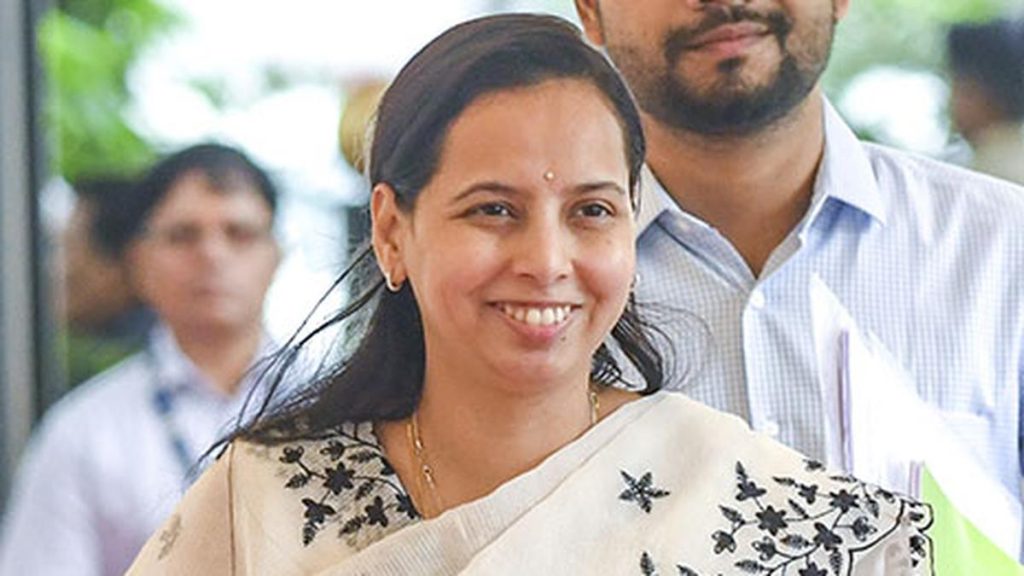Now Reading: Decoding the New U.K.-India Trade Deal
1
-
01
Decoding the New U.K.-India Trade Deal
Decoding the New U.K.-India Trade Deal
Quick Summary
- India and the U.K. signed a Comprehensive Economic and Trade Agreement (CETA) after more than three years of negotiations.
- The U.K. has removed tariffs on 99% of its product lines, but only 45% ($6.5 billion) of Indian exports will see immediate benefits like zero-duty access for goods such as textiles, footwear, seafood, and fruits.
- For imports from the U.K., India has agreed to reduce/eliminate duties on 90% of tariff lines; whiskey, british cars, and engineering products will become cheaper in India.
- Services are a key aspect: the CETA allows U.K. firms to operate in India’s accounting, telecom, financial services sectors without mandatory local setups; professional qualifications for law/accounting are recognized.
- Indian companies gain commercial presence rights in computer services and consultancy industries within the U.K.
- Under an accompanying Double Contribution Convention (DCC), 75,000 indian workers on short assignments can pay into India’s social security system rather of duplicating contributions in both countries.
- Unique features include gradual tariff cuts on imported luxury cars with quota limits to protect domestic industries; no concessions for electric vehicles for five years.
- The deal includes new access for U.K. firms to bid on approximately 40,000 high-value central government procurement contracts across health infrastructure and green energy sectors in India.
Indian Opinion Analysis
The CETA stands out as a significant trade agreement that reflects deepening ties between India and the UK through economic engagement rather than purely strategic alignment. While immediate trade expansions may appear modest given both nations’ relative share in bilateral trade (3.3% of Indian exports vs UK’s dominated stake).
Stay Informed With the Latest & Most Important News
Previous Post
Next Post
Loading Next Post...























